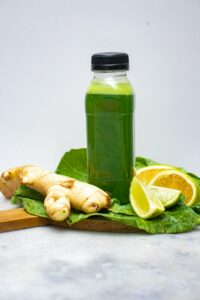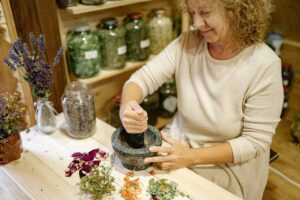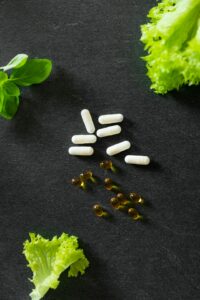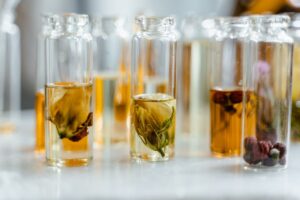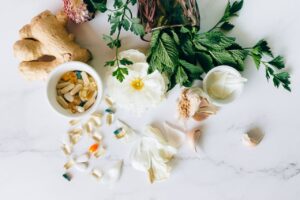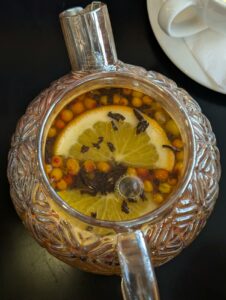A Look at the Function of Herbs in Contemporary Preventive Medicine
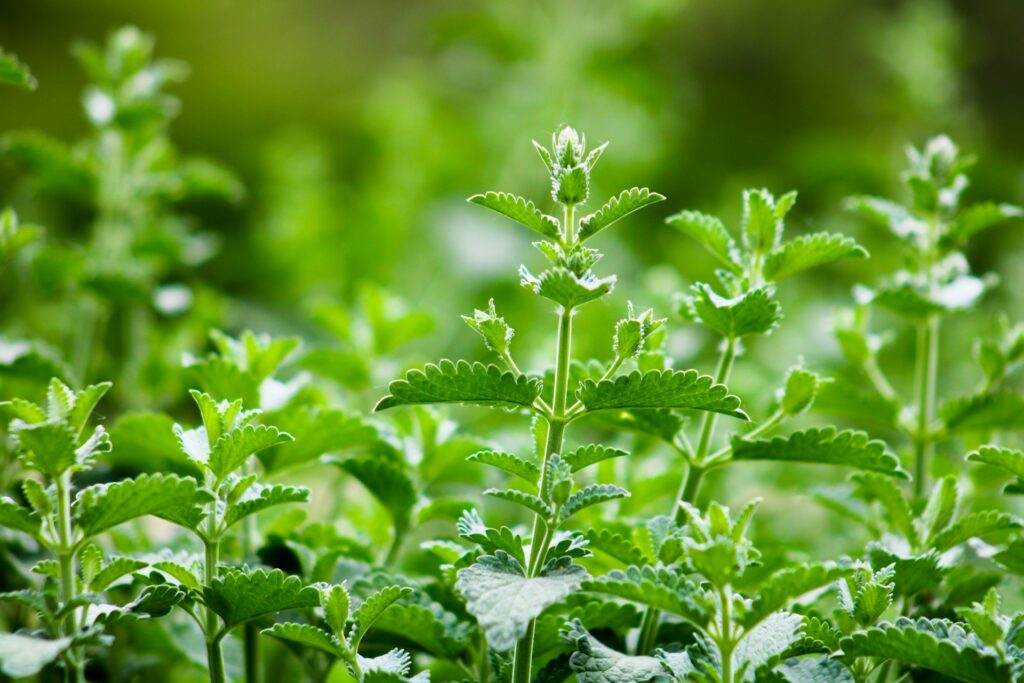
A Look at the Function of Herbs in Contemporary Preventive Medicine
In the context of healthcare, preventive care is centered on the maintenance of wellbeing, the prevention of illness, and the promotion of longevity before serious health problems develop. Herbs have emerged as strong instruments in preventive care, delivering natural support for immunity, cardiovascular health, mental well-being, and general vitality. While modern medicine offers crucial treatments and screenings, herbs have emerged as effective tools in preventative care. Complementing conventional methods with herbal remedies and bolstering the body’s natural defenses may be accomplished by incorporating herbal remedies into existing daily routines.
This handbook examines the fundamental functions that herbs play in contemporary preventative healthcare, as well as the ways in which they may be made use of in a way that is both safe and effective.
1. The Role of Herbs in Preventive Healthcare and Why They Are Important
Herbs provide advantages in terms of prevention via a number of different mechanisms:
- Echinacea and tulsi are two examples of herbs that may help the body better withstand illnesses and boost immunity.
- Reducing inflammation: Chronic inflammation is a factor in the development of many illnesses in today’s society.
- Herbs have the ability to protect the liver, heart, kidneys, and brain, which results in improved organ health.
- The use of adaptogenic herbs may help enhance mental health by lowering stress levels and elevating mood, which in turn supports long-term health.
- Neutralizing free radicals is an important part of antioxidant protection since it helps prevent cellular damage and aging.
- Herbal remedies, when included into preventative healthcare practices, have the potential to lower the risk of developing chronic diseases and improve quality of life.
2. Herbs that are Immune-Boosting
Keeping a healthy immune system is one of the most important aspects of preventative care.
For instance:
- Tulsi, also known as Holy Basil, is said to alleviate stress, restore hormonal balance, and strengthen the immune system.
- The use of echinacea has been shown to increase the activity of white blood cells and defend against infections.
- Ginger has anti-inflammatory properties and promotes digestive health, both of which are associated to resistance to illness.
- When it comes to providing daily immune support, herbal teas, pills, or tinctures are the most popular forms of administration.
3. Assistance with the Heart and Circulation
One of the most significant health concerns on a global scale is cardiovascular disease. Keeping good circulation, blood pressure, and cholesterol levels may be accomplished with the aid of herbs.
For instance:
- Garlic helps maintain an appropriate level of cholesterol and blood pressure.
- Hawthorn is beneficial for improving circulation and strengthening the heart.
- One of the benefits of cinnamon is that it helps maintain a healthy blood sugar level.
- Utilization: Consume the powdered or fresh forms in the form of meals, drinks, or standardized supplements.
4. Herbal remedies for the management of stress and for mental health
Chronic stress has been shown to hasten the aging process and contribute to a wide range of ailments. The use of adaptogenic herbs may help maintain mental toughness and emotional equilibrium.
For instance:
- Ashwagandha inhibits the production of cortisol and promotes healthy adrenal glands.
- Rhodiola improves concentration and lessens feelings of weariness.
- Tulsi is known to increase calmness and mental clarity.
- Incorporating powdered forms, capsules, or teas into regular routines is the recommended method of administration.
5. Support for Intestinal and Metabolic Function
For the purpose of nutrition absorption and the disposal of toxins, a healthy digestive system is very necessary. The digestive and metabolic processes may be aided by herbs, which can help avoid long-term health concerns.
For instance:
- Fenugreek stimulates digestion and helps to maintain stable blood sugar levels.
- Peppermint alleviates bloating and makes it more comfortable.
- Ginger is known to enhance digestion and the effectiveness of the metabolism.
- Teas made from herbs, beverages that are added to meals, or supplements that are ingested.
6. Herbs that are beneficial for cellular protection and anti-aging
Oxidative stress and chronic inflammation both accelerate the aging process and progression of illness. As well as promoting lifespan, several herbs provide protection to cells.
For instance:
- Because of its anti-inflammatory and antioxidant properties, turmeric is beneficial to both joint and brain health.
- The catechins included in green tea protect cells and lower the risk of cardiovascular disease.
- Enhances energy levels and cognitive function while simultaneously lowering oxidative stress levels. Ginseng.
- Teas, powders, or standardized herbal supplements that are intended for everyday use will be used.
7. Some Useful Advice Regarding the Includement of Herbs in Preventive Therapies
- Drinking teas and infusions on a daily basis is an easy and pleasurable method to take a variety of herbs.
- To get the greatest possible benefit, a well-balanced diet should include herbs, fruits, vegetables, and grains that are entire.
- Standardized capsules or extracts should be used for supplements in order to ensure consistent dose.
- Maintaining consistency is essential: Long-term usage, whether on a daily or weekly basis, results in preventative advantages.
- It is especially important for those who are taking drugs or who have chronic health concerns to seek the advice of specialists.
In addition to herbal preventive care, lifestyle habits that complement it
- Performing regular exercise is beneficial to both the cardiovascular and metabolic systems.
- Getting enough sleep is beneficial for cellular repair and maintaining hormonal equilibrium.
- Keeping yourself hydrated is critical for proper kidney function and cleansing.
- Meditating, practicing yoga, and taking adaptogens are all effective stress management strategies.
- Adopt healthy behaviors: reduce your use of processed foods, alcohol, and cigarettes.
As a result of their ability to promote immunity, heart health, stress resilience, digestion, and cellular protection, herbs play an important role in contemporary preventive healthcare. Tulsi, echinacea, garlic, hawthorn, ashwagandha, turmeric, and green tea are some of the herbs that have been shown to have positive effects on health over the long term, according to scientific research. Through the use of herbal nutrition in conjunction with a healthy lifestyle, people have the ability to proactively minimize the risk of illness, boost vitality, and naturally experience a greater quality of life.

